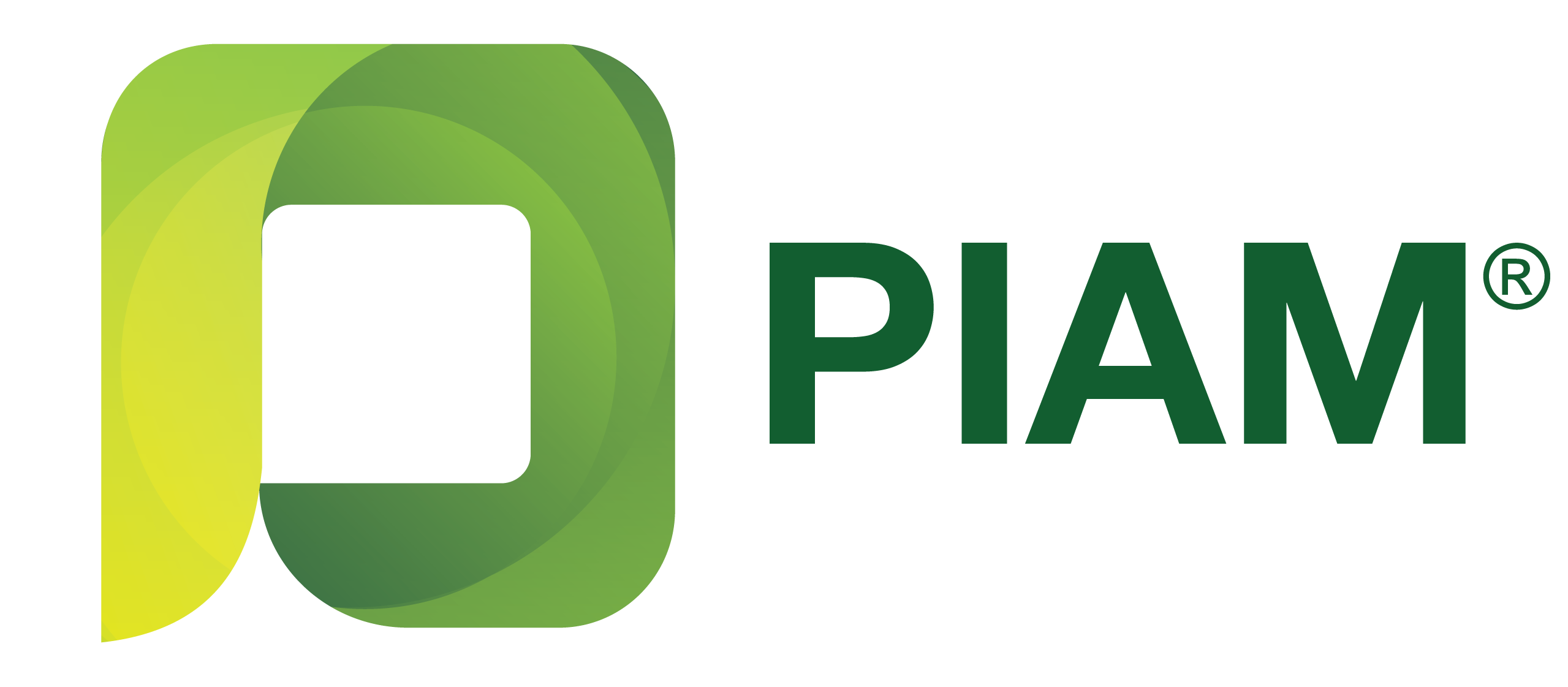Share Now
Kuala Lumpur, 9 Feb 2018 – The General Insurance industry recorded gross written premiums totaling RM17.65 billion in 2017 with growth remaining stagnant compared to the previous year. Overall, the industry displayed resilience with a positive swing in the second half of the year rebounding from the 1.9% decline over the first six months. While the two largest classes of Motor and Fire insurance both registered growth the industry was weighed down by double-digit drops in Marine Aviation and Transit (MAT) as well as Personal Accident insurance.
Motor insurance grew at 1.9% compared to 0.8% in 2016 maintaining its dominant market share of 47.1%. Motor premiums increased to RM8.32 billion from RM8.16 billion in 2016 despite new car sales dipping below 580,000 for the year. Fire insurance the second largest class with a share of 19.3% recorded a 4.2% growth at RM3.41 billion. Medical and Health insurance (MHI) grew by 7.1% with gross written premiums reaching RM1.1 billion. MAT declined 14.6% to RM1.34 billion owing to the weak oil and gas sector. Personal Accident insurance registered a drop of 12.6% to RM1.13 billion. The Miscellaneous Class comprising Bonds, Liabilities, Engineering and Workmen’s Compensation grew marginally at 0.2% with gross written premiums at RM2.35 billion.
In 2017 total motor insurance claims paid out by the industry amounted to RM5.38 billion. On a daily basis this works out to a staggering RM14.7 million per day in claims for property damage, bodily injury and vehicle theft by all the motor insurers. Serious accidents on the road result in large claims involving death and injuries, not to mention severe losses in both own and third party property damages. From statistics published by the Ministry of Transport, the total number of accidents recorded in 2016 was 521,466 compared to 489,606 in 2015, a 7% increase. Total deaths caused by road accidents also increased by 7% to 7,152 in 2016 compared to 6,706 in 2015. The latest numbers (up to September 2017) revealed an alarming 5,083 deaths on the road from 400,788 road accidents.
PIAM Chairman, Antony Lee said that “PIAM will intensify collaboration with all major stakeholders to reduce road accidents nationwide. The current trend of accidents and fatalities caused by heavy and commercial vehicles posed the gravest concern to all”. He added that the Association has set a stretched target of reducing national road accidents by 20% for 2018 and 50% from 2020 onwards. Although consumer education on road safety is important, enforcement by the relevant authorities is equally crucial. The Kejara System is welcomed by the insurance industry as the information on errant and high-risk drivers is useful. With the liberalisation of the Motor Tariff, information on traffic offenders will help insurers determine the risk profile so that bad risks are recognized while good drivers are incentivized. PIAM look forward to working closely with all Government agencies on a concrete action plan as soon as possible to achieve its target.
On a positive note the industry recorded a decline of 23% in motor theft counts (at 15,323 for all classes of vehicles). PIAM and the Vehicle Theft Reduction Council of Malaysia commend the unrelenting efforts and hard work of the Police (PDRM), Customs and other law-enforcement agencies to combat vehicle theft.
Motorists involved in accidents can continue to rely on PIAM’s Accident Assist Call Centre (AACC) for help and peace of mind. Launched in 2013 the AACC toll-free hotline 15-500 operates 24/7 nationwide offering emergency roadside assistance such as towing services and responding to insurance claims enquires from motorists.
On Medical and Health insurance the industry was severely impacted by an increase in the claims ratio which rose to 71.1% compared with 70.5% in 2016 (2015: 50.4%). The industry would like to reiterate its call for the Government to regulate and make public the recommended retail price of pharmaceutical products and medical apparatus. PIAM expects medical insurance premium rates to increase by 15% per year due to higher incidences of chronic and lifestyle diseases coupled with a high inflation rate impacting the prices of drugs and treatments.
“The Phased Liberalisation of the Motor Tariff is proceeding smoothly since its implementation on 1 July 2017. The National Consumer Education Campaign has raised awareness amongst the public on the benefits to consumers,” revealed Deputy Chairman Chua Seck Guan. One of the expected outcomes of the Phased Liberalisation was to introduce new and innovative products to provide better protection to consumers. The industry has to-date launched 31 new Motor and 22 new Fire products in the market.
CEO Mark Lim highlighted, “The Motor Product Selector featured on PIAM’s website provides consumers with information on the insurance covers available. Consumers can select the protection based on their needs and receive quotations from insurance companies of their choice. This online platform connects consumers directly to the insurers to shop around for their Motor insurance policies.”
The industry launched the Fraud Intelligence System (FIS) in October 2017 to combat motor insurance fraud in Malaysia. This is an industry-wide initiative with the participation of all member companies. Deploying the latest data analytics technology, FIS will provide fraud alerts to insurers when a claim is first submitted by a motorist. The system will help expose fraud syndicates at work and provide leads for detailed investigation by insurance companies eventually leading to their prosecution under the law.
General insurance companies recently rolled out a revised Customer Service Charter, replacing the first charter that was introduced in 2011. The new charter focuses on 4 pillars to make insurance more accessible and to provide timely, transparent and excellent services to customers. The Customer Service Charter is available on the websites of all general insurance companies and sets out the minimum service levels.
On human capital and talent attraction, PIAM’s General Insurance Internship for Talent (GIIFT) project was launched in July 2015. Since then 232 university undergraduates from various study disciplines completed a 3-months internship with PIAM member companies. These young interns are exposed to both the front line and back-end operations of a general insurance company, providing them with a first-hand feel of what the industry has to offer. Insurance companies have recruited 37 of these interns and more are expected to choose general insurance as their career of choice upon graduation.
Looking ahead PIAM expects the operating and business climate to be challenging given the uncertainties prevailing in the global environment. Growth in 2018 is likely to remain subdued.
~ END ~

